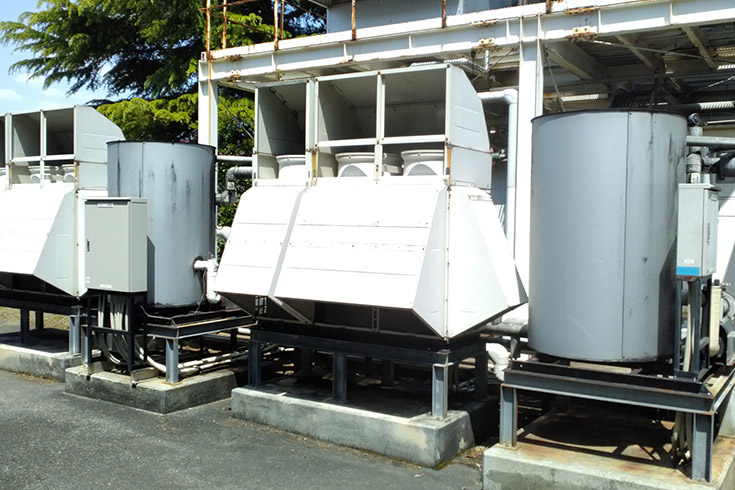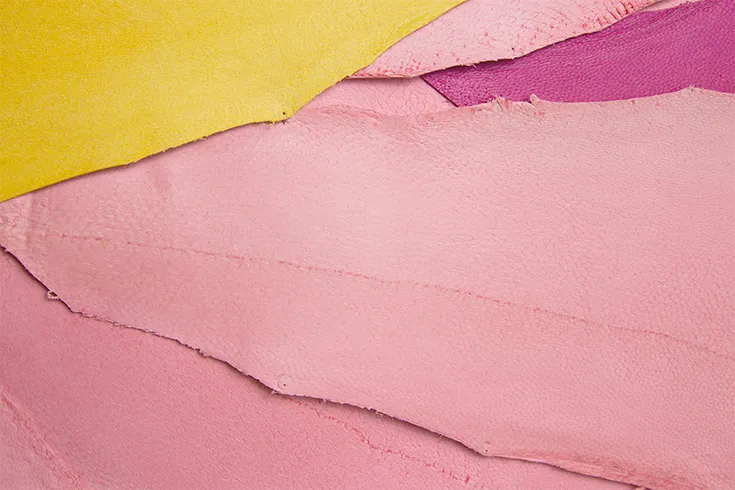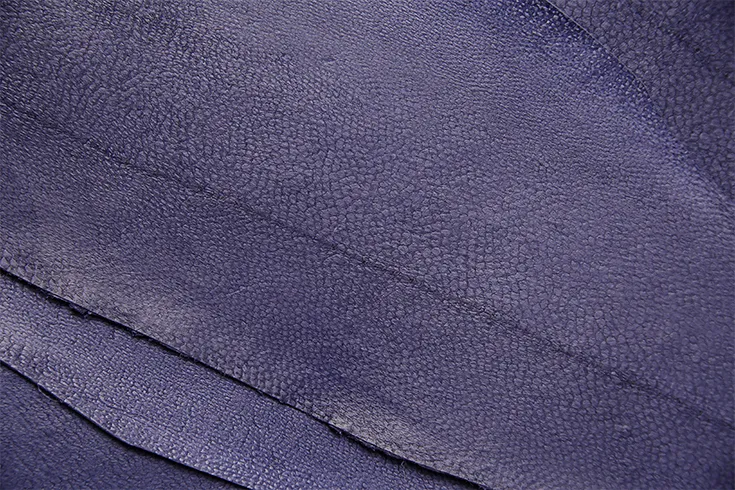The Nissui Group thinks CO2 emissions, water use and waste production as three important benchmarks, and has since been making efforts to reduce environmental impact. In FY2021, we formulated our Long-Term Vision "GOOD FOODS 2030", and in FY2025, our Medium-Term Management Plan "GOOD FOODS Recipe2". These strategic frameworks set ambitious targets for reducing environmental impact, and we are implementing comprehensive initiatives to achieve them.
Sustainability Targets (Long-Term Vision "GOOD FOODS 2030"/Medium-Term Management Plan "GOOD FOODS Recipe2")
E: Environmental Data
| Indicators | Scope | Results | KPIs | ||||
|---|---|---|---|---|---|---|---|
| FY2022 | FY2023 | FY2024 | Target by 2024 Medium-Term Management Plan "GOOD FOODS Recipe1" |
Target by 2027 Medium-Term Management Plan "GOOD FOODS Recipe2" |
Target by 2030 Long-Term Vision "GOOD FOODS 2030" |
||
| Water use (Compared to FY2015 Unit: per unit) |
The Nissui Group in Japan | Reduced by 4.0% | Increased by 1.2% | Increased by 2.3% | Reduce by 10% | Reduce by 10% | Reduce by 20% |
| Percentage of plants with 99% or higher zero emission rate | The Nissui Group in Japan | 78.6% | 78.6% | 70.4% | 85% | 85% | 100% |


Mogami Foods, which is one of the Nissui Group companies, manufactures frozen prepared food products. In FY2022, Mogami Foods carried out an update of the vacuum cooler on its ingredients line at the plant. At that time, the existing outdoor unit was also switched from a cooling tower system to a chiller, and one cooling tower that was no longer required was removed. Previously, water loss due to evaporation had occurred in the cooling tower. However, this switch solved the problem and has led to a reduction in water consumption. In addition, the company made other changes, such as replacing components on the production line; all these efforts combined are linked to a total reduction in water use of approximately 2,200 cubic meters per year.

Chiller (Cooling Water Circulation Equipment)
A number of global standards are available for evaluating water risk. In FY2022, the Group applied Aqueduct, a standard of the World Resources Institute (WRI), to evaluate individual manufacturing and logistics sites in Japan and outside Japan. Going forward, the Group will continue to implement measures to reduce water use and explore ways of refining methods of evaluating water risk.
In March 2025, we developed “namino leather,” a fish leather created by upcycling the skin of “Kurose Buri” (Japanese amberjack) farmed by our Group company Kurose Suisan Co., Ltd. This skin had previously been used as fertilizer and in other applications as an inedible byproduct during processing.
Starting in spring 2025, we will begin test sales targeting apparel manufacturers and other companies in Europe, North America, and Japan.
Official website of "namino leather": https://www.naminoleather.com/en/

Namino leather [SHIRANAMI]

namino leather [KUROSE]
Plastic Problems > Containers and Packaging/Waste > Reducing Plastic Waste in the Production and Logistics Phases
Food Loss and Waste > Production Stage Initiatives